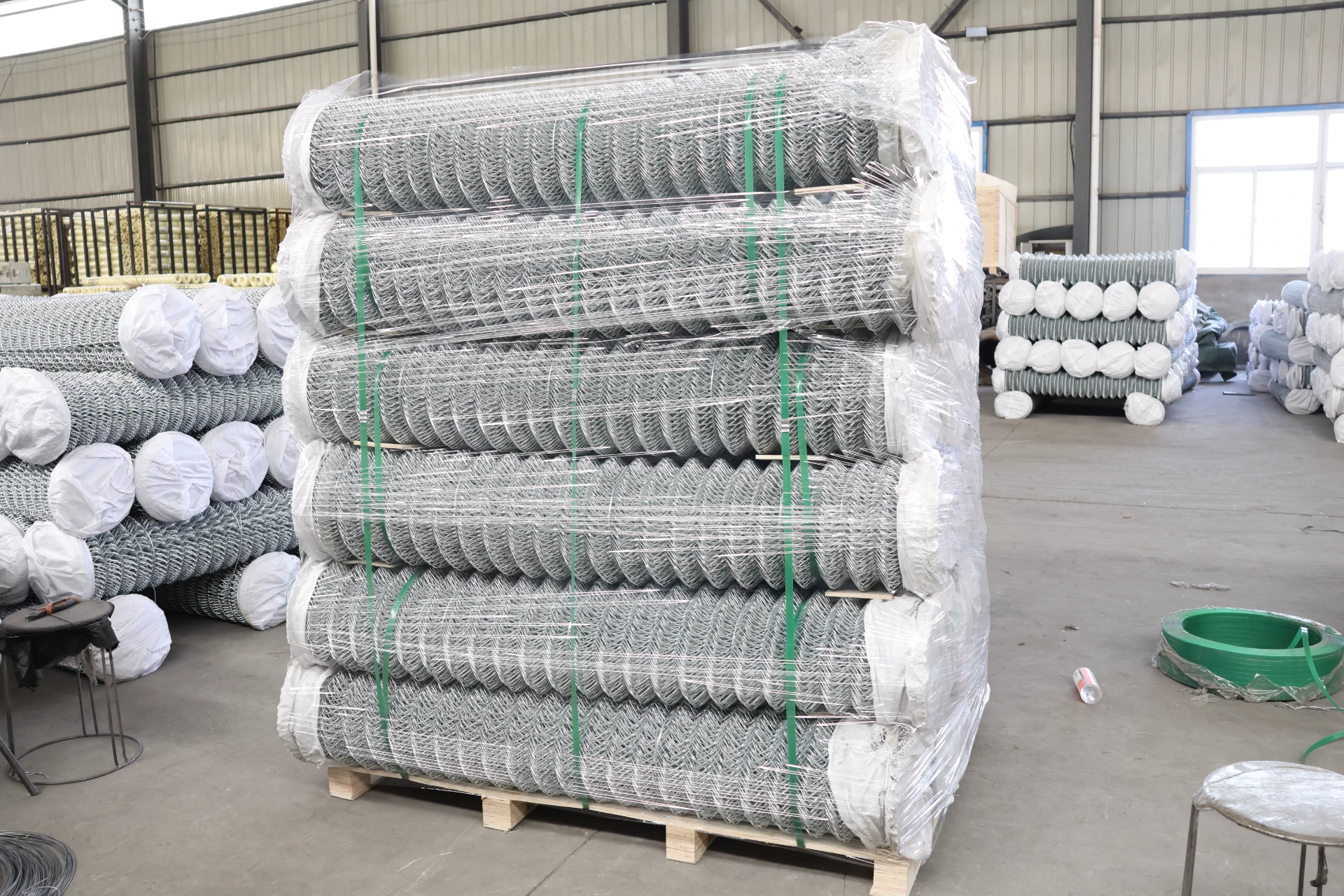Exploring the Advantages of Wire Net Mesh in Various Applications
The Versatility of Wire Net Mesh Applications and Benefits
Wire net mesh, also known as wire mesh or wire cloth, is a form of woven or welded metal used in various industries and applications. Made from metal wires, such as steel, aluminum, or stainless steel, wire net mesh offers a combination of strength, flexibility, and durability that makes it an indispensable material in modern construction, manufacturing, and even gardening.
Structure and Types of Wire Net Mesh
Wire mesh can come in various forms, including welded wire mesh, woven wire mesh, and expanded metal mesh. Each type has its own unique characteristics and uses. Welded wire mesh is created by electrically welding intersecting wires together, forming a rigid and stable structure. Woven wire mesh, on the other hand, is made by intertwining wires in a crisscross pattern, providing a more flexible and versatile option. Expanded metal mesh is crafted by cutting and stretching a solid metal sheet, resulting in a lightweight yet strong material that has numerous applications.
Applications in Construction and Manufacturing
In the construction industry, wire net mesh plays a critical role. It is widely used for reinforcing concrete structures, such as sidewalks, driveways, and slabs, due to its ability to distribute loads evenly and reduce cracking. Builders also use it to create sturdy fences, security barriers, and retention walls. The mesh’s durability against corrosive environments, especially when made from galvanized or stainless steel, enhances the longevity of these installations.
In manufacturing, wire net mesh serves several purposes, from filtration to safety
. Industries such as food processing, pharmaceuticals, and chemicals rely on wire mesh filters to separate unwanted particles from liquids and gases. The mesh’s precise openings can be tailored to specific requirements, making it highly customizable for various filtration applications. Additionally, wire net mesh is employed to create protective screens and guards, ensuring safety in machinery and industrial environments.wire net mesh

Gardening and Landscaping Benefits
Beyond industrial uses, wire net mesh has found its way into gardening and landscaping. Gardeners utilize wire mesh for constructing trellises, cages, and barriers to support plant growth and protect gardens from pests. Its strength allows for the creation of sturdy structures that can support climbing plants, while its versatility enables gardeners to design adaptive layouts for diverse plants.
Moreover, wire mesh is beneficial for soil erosion control. When used in combination with soil and plants, it protects vulnerable areas from erosion by stabilizing the soil and promoting growth. This method is particularly effective on slopes and hillsides, where erosion can be a significant concern.
Environmental Considerations
Wire net mesh is often made from recyclable materials, making it an environmentally friendly choice for sustainable projects. Using materials that can be repurposed for various applications helps reduce waste and supports eco-friendly practices in construction and manufacturing. Furthermore, its durability means that less frequent replacements are necessary, contributing to lower lifecycle costs and reduced environmental impact.
Conclusion
In conclusion, wire net mesh showcases remarkable versatility through its various applications across multiple industries. Whether reinforcing construction, enhancing manufacturing processes, or supporting gardening efforts, this material underscores the importance of innovation and adaptability in modern practices. As industries continue to evolve, the reliance on wire net mesh will undoubtedly grow, solidifying its place as a key component in numerous projects worldwide. Its combination of strength, flexibility, and sustainability makes it not just a practical choice, but an essential one in an ever-changing landscape.
-
Space-Saving Chain Fence Hacks Vertical Gardening with Cyclone MeshNewsJul.16,2025
-
Innovations in Iron Nail Wire Production for Modern ConstructionNewsJul.16,2025
-
Creative Uses of Wire Netting Fence in Modern Landscape DesignNewsJul.16,2025
-
Barbed Wire Fence Innovations in Anti-Climb TechnologyNewsJul.16,2025
-
Architectural Uses of Umbrella Nails for Aesthetic Roof DesignsNewsJul.16,2025
-
Architectural Uses of Razor Barbed Wire in Secure Urban DesignNewsJul.16,2025




